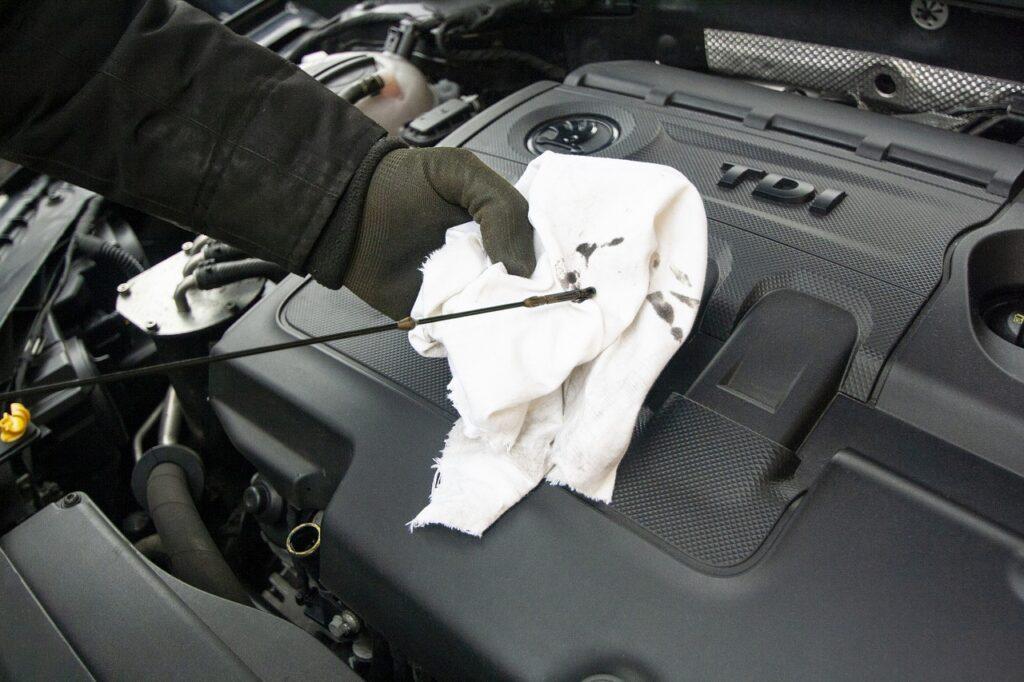Frequently Asked Questions About Oil Changes
- Mitsiland
- automotive, car maintenance, Engine Maintenance, service issues
Oil changes are a crucial aspect of vehicle maintenance that can sometimes seem complex or confusing. To help clarify some common queries, we’ve compiled a list of frequently asked questions that car owners often have about changing their oil. Whether you’re wondering about the best type of oil for your car or how often you should be changing it, this section aims to provide you with straightforward, informative answers.

How often should I change my oil?
The frequency of oil changes depends on several factors, including the make and model of your car, the type of oil you use, and your driving habits. As a general rule, many modern vehicles recommend an oil change every 5000 to 7500 miles, but you should always check your owner’s manual for specific guidance.

Can I use synthetic oil in my older vehicle?
Yes, synthetic oil can be used in most vehicles, old or new. It provides better protection at high temperatures, offers superior lubrication, and can help to improve fuel efficiency. However, before switching to synthetic oil, it’s advisable to consult with your mechanic to ensure it’s suitable for your specific engine type.

What happens if I don’t change my oil regularly?
Neglecting regular oil changes can lead to a buildup of contaminants that can wear away engine components. Over time, this can cause engine performance to degrade and potentially lead to engine failure. Regular oil changes are vital for removing these contaminants and keeping your engine running smoothly.

How do I know which type of oil is right for my car?
The best way to determine the appropriate oil for your vehicle is to consult your owner’s manual. It will specify the viscosity grade and whether your car requires synthetic, semi-synthetic, or conventional oil. Following the manufacturer’s recommendations will help ensure optimal engine performance and longevity.

Can changing my oil affect my car’s fuel efficiency?
Yes, regularly changing your oil can positively affect your car’s fuel efficiency. Fresh oil reduces friction, which allows the engine to run more smoothly and efficiently. This can translate to better fuel economy, especially when combined with other maintenance tasks like ensuring your tires are properly inflated.

Mitsiland: Your Premium Automotive Service Provider
Mitsiland has been dedicated to offering automotive services, ensuring that each vehicle we handle receives the utmost care and expertise. Whether you’re coming in for a routine oil change or more complex repairs, Mitsiland’s team of experienced technicians ensures your vehicle is in the best hands.
Mitsiland isn’t just about oil changes; we offer a full range of services designed to maintain your vehicle at its peak performance. Our commitment to quality and customer satisfaction makes them a trusted partner for all your automotive needs. With state-of-the-art equipment and a focus on providing exceptional service, Mitsiland ensures that your car receives the best possible care.
Up Next: Everything You Need to Know About Tyre Maintenance
Stay tuned for our next article in this series, where we will dive deep into tyre maintenance. You’ll learn about the importance of regular tyre checks, how to identify wear patterns, and the best practices for tyre care. We’ll also explore how regular maintenance can extend the life of your tyres and improve your vehicle’s safety and performance. Keep an eye out for this essential guide to ensure your tyres are always in top condition, and discover how Mitsiland can help you keep your car running smoothly on the road.
Join us as we continue to explore the crucial aspects of vehicle maintenance with Mitsiland, your go-to expert for keeping your vehicle in prime condition.












